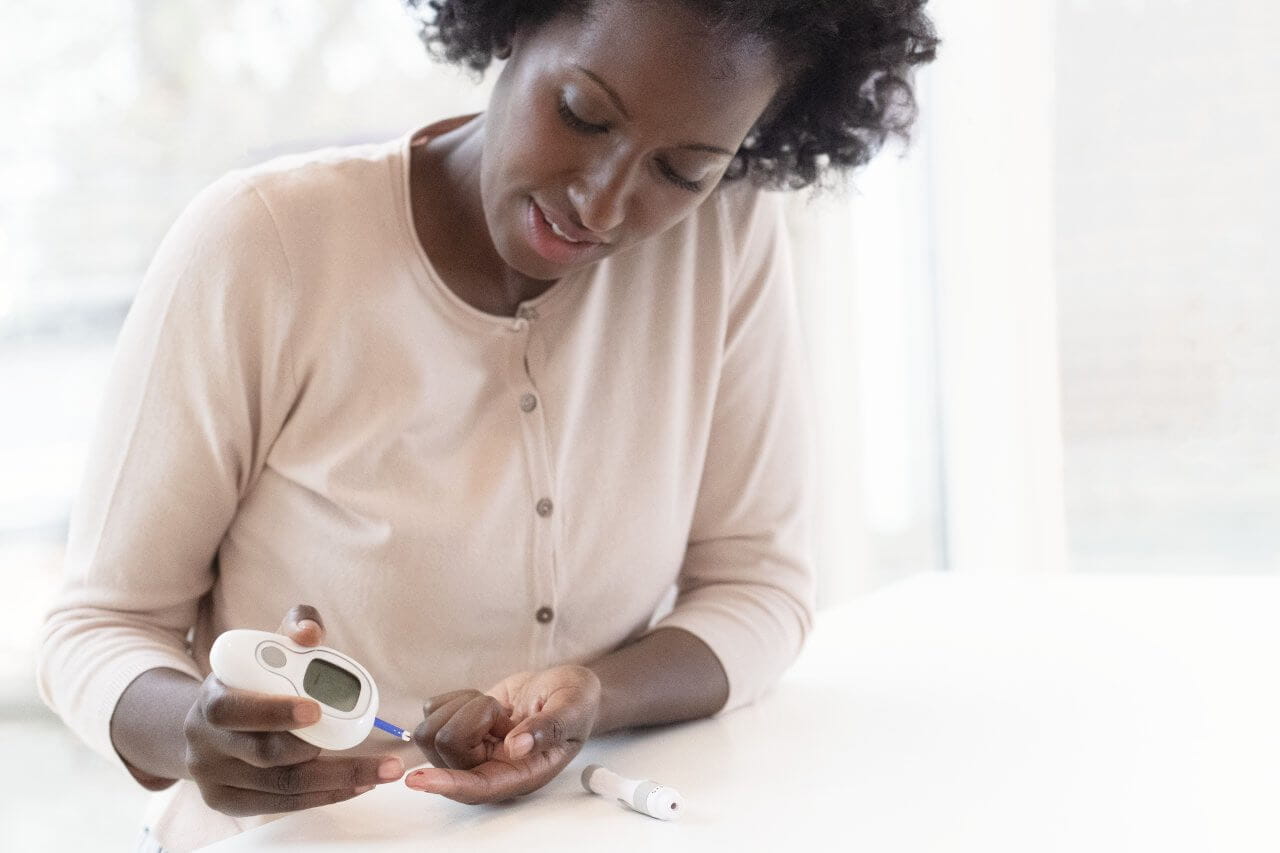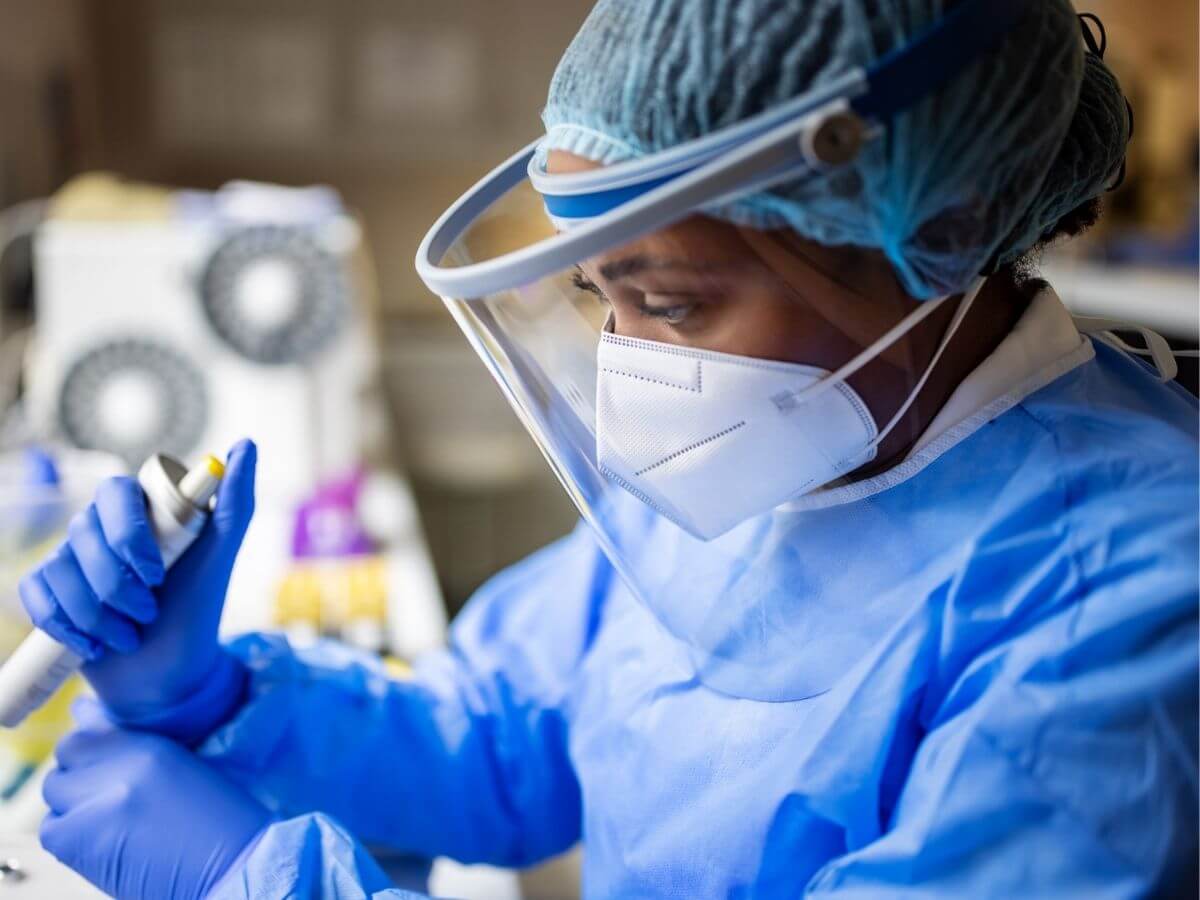What You Need to Know About Donating Blood and COVID-19

The two most important facts to know about donating blood during the COVID-19 pandemic are:
- The need for blood in the U.S. is constant.
- Donating blood is safe and easy.
This article provides additional information and answers questions about blood donations and how the pandemic has affected the way blood is collected. The article is based on the practices being followed by the American Red Cross and other donation centers. Contact your local center if you have questions.
How Are Donors Protected When Giving Blood?
Donation centers use well-defined processes for ensuring that both donors and staff members are safe. During the COVID-19 pandemic, they’ve intensified those efforts.
Safety protocols typically include:
- Wearing gloves and changing them frequently
- Conducting “mini-physicals” including temperature checks to ensure donors are healthy before donating
- Disinfecting surfaces and equipment after each donor
- Having hand sanitizer available
- Using sterile blood collection sets for every donation
- Laundering blankets offered to donors after every use
- Wearing face masks
- Conducting staff health assessments before every blood drive
In short, all appropriate precautions are being taken to protect blood donation technicians and donors, while keeping much-needed donations coming in.
Can I Donate Blood After Being Vaccinated for COVID-19?
People who’ve been vaccinated for COVID-19 are eligible to donate blood. However, some guidelines apply.
For example, if you’ve been vaccinated with an inactivated or RNA-based vaccine (Pfizer or Moderna), you can donate blood immediately after getting your shot. But if you were given a live attenuated COVID-19 vaccine (Johnson & Johnson’s Jessen) or don’t know what type of vaccine you received, you must wait two weeks before giving blood.
If possible, take your vaccination card with you to your donation appointment.
Never Miss a Beat
Get the health news that matters most delivered straight to your inbox. Sign up for our free email newsletter to stay up-to-date on the latest health and wellness news, announcements, and tips from Baptist Health.
Can I Donate Blood If I’ve Had COVID-19?
According to the National Institutes of Health (NIH), “A new study by researchers at the National Institutes of Health and their colleagues has found that SARS-CoV-2, the virus that causes COVID-19, does not appear to pose a threat to the safety of the nation’s blood supply.”
The NIH also says, “Researchers concluded the likelihood of a transfusion recipient receiving blood with trace amounts of SARS-CoV-2 was approximately .001% – a little over 1 in 100,000 – and that the likelihood of SARS-CoV-2 transmission by blood transfusion was insignificant compared to airborne transmission.”
Even so, out of an abundance of caution, donation centers typically require you to wait 14 days or more to donate blood following a positive diagnostic test for COVID-19 or if you have had COVID-19 symptoms.
Am I Required to Wear a Mask When Giving Blood?
Mask requirements vary by the donation center. However, wearing a mask provides another layer of protection for you and the people you interact with at the donation center, so donors are often encouraged to be masked. It’s also a good idea to maintain as much distance as possible from other donors, center staff, and volunteers.
Can I Get Vaccinated for COVID-19 at a Donation Center?
The staff members at donation centers typically are not healthcare providers and therefore can’t administer vaccines. Check with your donation center for specifics on their services.
Blood Donors Save Lives
The blood provided by donors is a life-saving gift. We encourage anyone who can donate to donate. Make an appointment with your local donation center today.
Next Steps and Useful Resources:
Find a Provider Near You
Schedule Your COVID-19 Vaccine Appointment
What You Need to Know About Your Vaccine Card
Why You Should Be an Organ Donor



